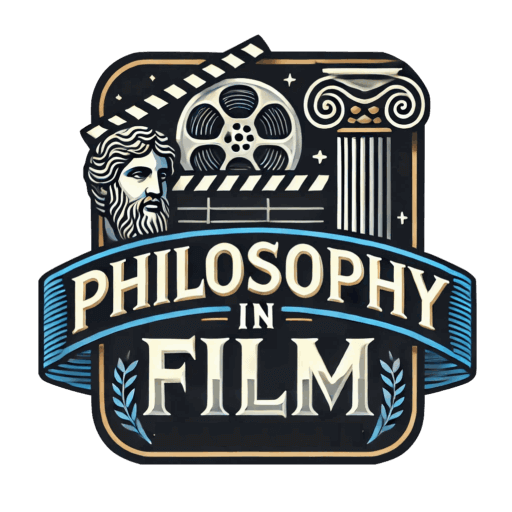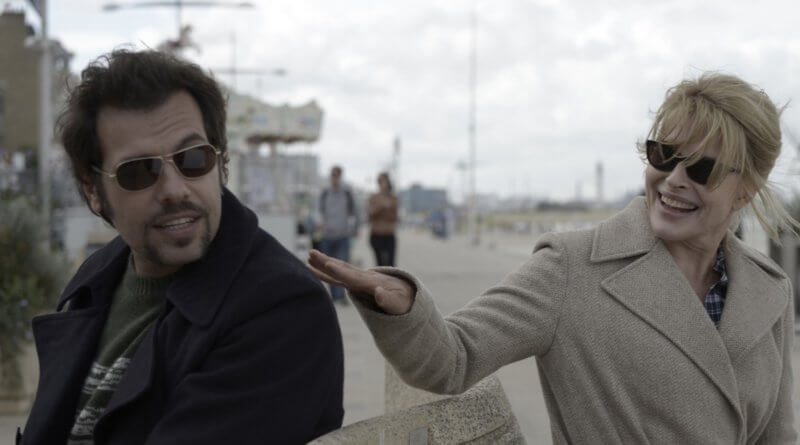Review: Les Beaux Jours (Bright Days Ahead, 2013) ★★★
There’s a long history of films suggesting that the French cinema has a mild obsession with extramarital love and sex. The French New Wave thrived on steamy infidelity, from Jean-Luc Godard’s Contempt (1963) to Luis Buñuel’s Belle de Jour (1967), there is no shortage of spouses getting busy behind each other’s backs. This brings us to the more contemporary example of Marion Vernoux’s Les Beaux Jours (2013) or “Bright Days Ahead,” which hits all the necessary marks of the genre, but fails to say anything new or particularly interesting about love, sex, or marriage.
The film begins as Caroline (Fanny Ardant) struggles to fill the hours of her retirement. Caroline worked as a dentist alongside her husband, Philippe (Patrick Chesnais), who still manages their practice. In an effort to feel fulfilled with her newfound “freedom,” Caroline joins a club of retirees who want to learn new skills. While taking a computer class, she becomes smitten with her young instructor, Julien (Laurent Lafitte).
At first, Caroline tries to ignore her feelings out of respect for her marriage. She also has lingering doubts that a younger man would ever find her attractive. But when Julien shows interest, Caroline throws herself into the affair. The pair start to meet up at Julien’s apartment, secretly arranging their meetings via text. However, Caroline’s feelings for Julien become stronger and more complex, while Julien takes a more laid-back attitude toward their relationship. The situation is further complicated when Philippe begins to suspect that his wife is being unfaithful.
As you can imagine, Fanny Ardant gives an admirable performance as the bored retiree who finds comfort in the arms of a much younger man. Patrick Chesnais and Laurent Lafitte also work well as the object of her desires and the cuckold, respectively. However, for all the pensive walks by the seashore and listless moments smoking cigarettes in bed, there’s just not much to Les Beaux Jours.
Marion Vernoux’s direction is pretty boilerplate. Visually, it looks like every other film of its kind made within the last decade or so. The dialogue is not particularly witty or insightful. Fanny Ardant is the most praiseworthy member of the cast, but her talent is wasted on a film that doesn’t challenge any existing notions on the nature of love and marriage. Married individuals get bored in their routines and feel attracted to people other than their spouses; this is not new information.

A few subplots crop up throughout the film, but they never really lead anywhere. Caroline and Philippe have two adult daughters, though they only appear sporadically. One of the daughters is a stick-in-the-mud who doesn’t really get along with her mother, while the other is more open-minded and takes her mother’s affair in stride. But again, their presence doesn’t add much to the narrative.
That said, I feel out of place being overly critical of Les Beaux Jours. It is not a bad film by any means, but it also gives in to a somewhat traditional way of thinking that is all too common in movies about infidelity. Ultimately, Ardant’s character gains some things and loses others over the course of her affair. The filmmakers try to be non-judgemental in their portrayal of Caroline’s extramarital liaisons, but they can’t help falling back into very familiar (and somewhat boring) territory.
All in all, Marion Vernoux’s Les Beaux Jours (Bright Days Ahead) is worth your time, but don’t expect anything profound or groundbreaking. Vernoux takes very few, if any, risks with the story. Nonetheless, the acting is superb and the film makes for a pleasant viewing experience when all is said and done.
Rating: ★★★ out of 5
If you’d like to watch Les Beaux Jours (Bright Days Ahead, 2013), the film is currently available to rent or purchase with English subtitles via Amazon here. To read more film reviews like this one, check out the Philosophy in Film Homepage!

